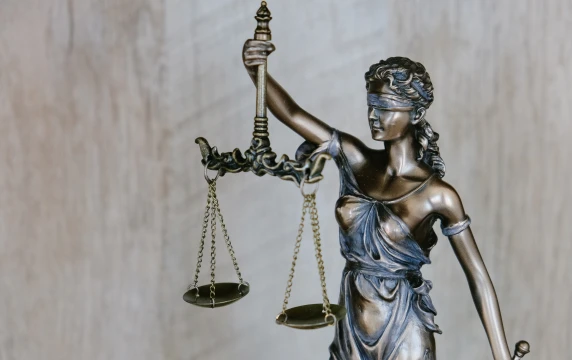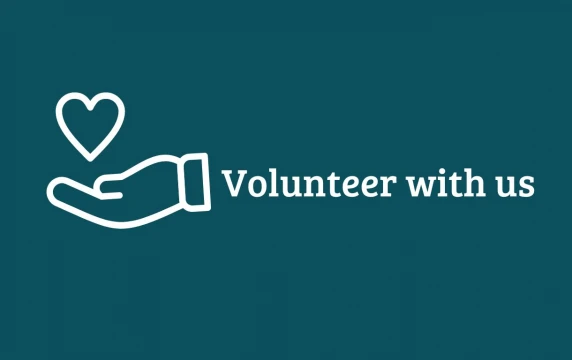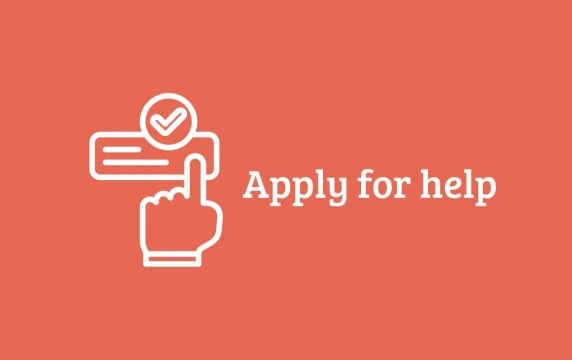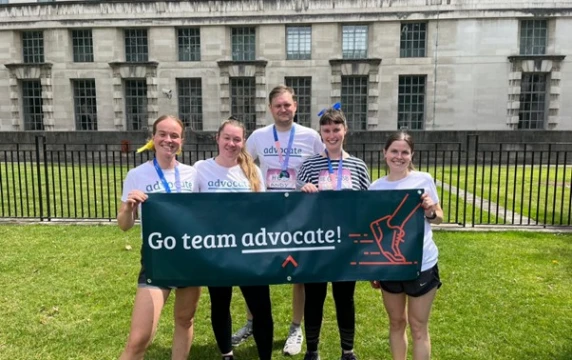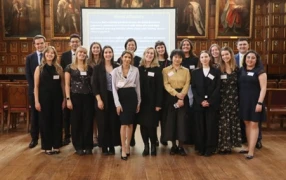"As a barrister, my pro bono work involves using my skills for my own communities in a variety of ways – on the streets at protests, working with grassroots organisations and in the courts. It is only by combining activism with legal advocacy that I believe we can implement real systemic change.
Growing up, I was exposed to the inherent racism and classism within the criminal justice and immigration systems, so while studying law, I started voluntary work in the sector – teaching in prisons and for the immigration team at a law centre.
I then worked in legal roles supporting survivors of domestic abuse at the London Black Women’s Project and Southall Black Sisters, followed by a period at Liberty on their Policy and Campaigns Team. Having gained experience in the NGO sector before coming to the Bar, it provided me with the insight and networks to develop a strategic approach to pro bono work in practice, which remains a significant part of my day-to-day life.
There are four main strands to my pro bono work, including:
- As a Director and founding member of Black Protest Legal Support, where I have been able to contribute to the discourse and provide legal assistance to Black, Brown and Racialised protesters facing police brutality and state violence. At a time when the protest movement has gained huge power, we have seen an immensely authoritarian response to protests – on the ground by the police, in schools and in Parliament through the Police, Crime, Sentencing and Courts Bill. The chilling effect this has had on the right to protest, and the sharp impact on racialised communities, has meant Black Protest Legal Support’s work is more important than ever.
- As a co-ordinator of the trade union, Legal Sector Workers United, where we regularly intervene on issues affecting legal sector workers and our clients. Throughout the pandemic, we consistently called out adverse working conditions in the criminal courts, as well as the impact of COVID-19 on those locked in immigration detention and/or prisons. Addressing the failings within the legal sector itself, and organising our workplaces, is vital to ensuring that those operating within it can most effectively hold institutions to account.
- As an immigration and public law practitioner, I regularly undertake pro bono work within these fields. This ranges from routinely representing clients for Bail for Immigration Detainees to being instructed in a deportation policy challenge by another migrants’ rights NGO. As someone who believes detention centres and deportations are inherently racist and oppressive, this work ensures that individuals have effective representation, contributes to a wider struggle against imperialist borders, and better informs the abolitionist work I do outside of court.
- I have also been able to undertake a number of cases through Advocate, providing free legal assistance to people who fall within the immense gap between those who do not qualify for legal aid and those who cannot afford lawyers. Limiting access to justice in this way, in my view, is another form of state oppression – and why Advocate plays such an important role in securing representation for so many. Therefore, using my skills and experience in employment law and the domestic violence sector, I have been able to work with clients with extremely complex needs who required urgent legal help.
All my pro bono work fits within a much broader picture. It is about collective resistance against the police, borders and the state. It is about assisting predominantly Black, Brown and Racialised communities navigate a complex web of law and policy, to ensure their rights are upheld. It is about how my skills as a barrister can assist in liberation movements, domestically and globally, but also about recognising how the law is inherently limited.
I would encourage anyone who resonates with these views to volunteer their time to organisations such as Advocate, Black Protest Legal Support, Legal Sector Workers United and Bail for Immigration Detainees. But most importantly, to think critically about our role as lawyers, which tools we can use to best represent marginalised communities - both inside and outside of the courtroom - and how we can collectively both disrupt and dismantle these systems of oppression."

